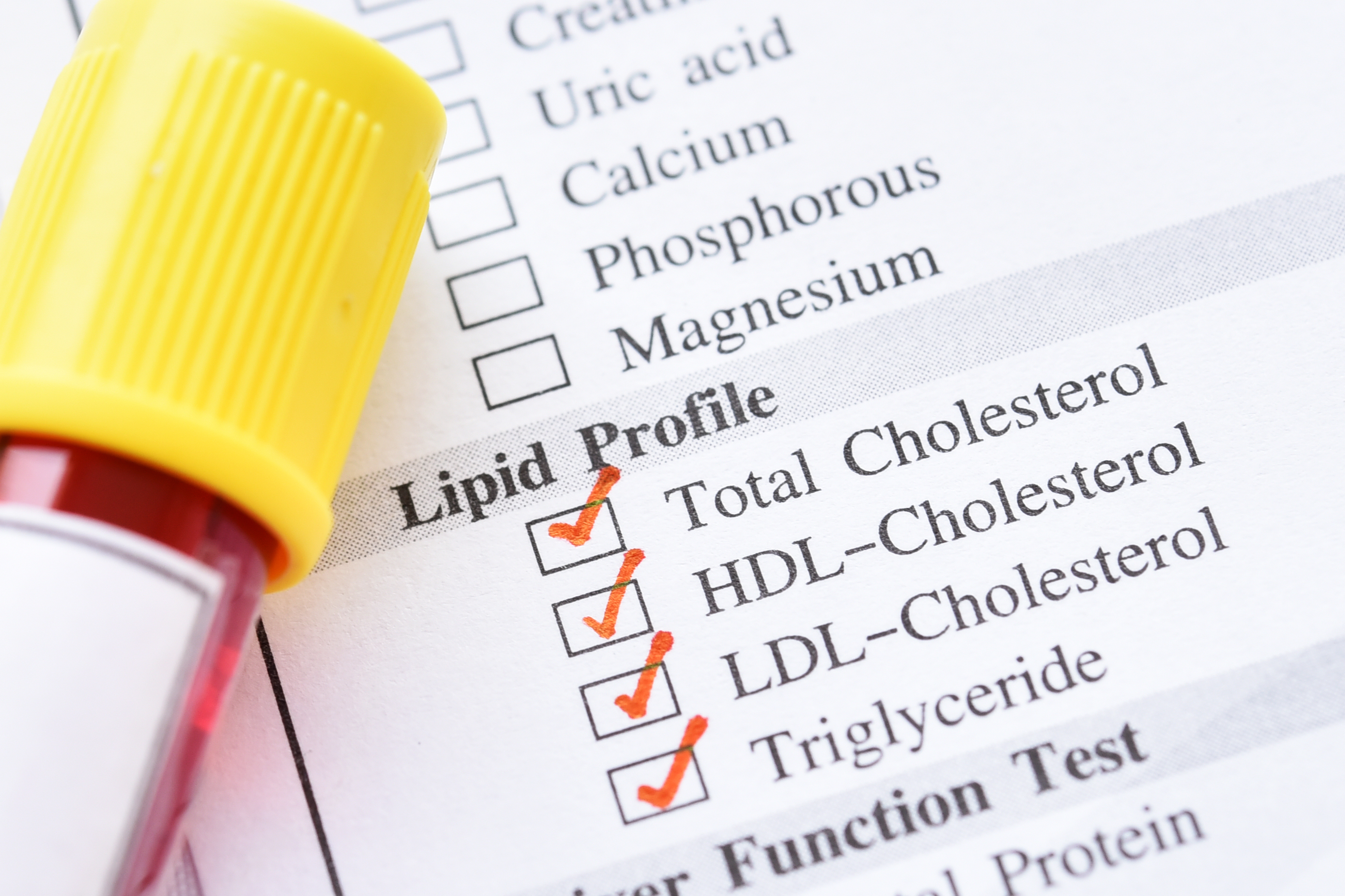Being told you have high cholesterol can be worrying, and you may be wondering how long it will take for your blood cholesterol to come back down to a healthy level.
It’s important to lower high cholesterol because it can cause the build-up of fatty deposits in your blood vessels (arteries), which over time, can increase your risk of having a heart attack or stroke.
And although lowering your cholesterol is not something you can do overnight, there are lots of things you can do to bring it down and possibly see results within 4 weeks.
The 2 main ways to reduce cholesterol are:
How long do lifestyle changes take to lower cholesterol?
Reducing how much saturated fat you eat and eating more fibre, as well as following a balanced diet like the Mediterranean diet, can help reduce cholesterol levels by up to 10 per cent typically over 8 to 12 weeks.
Making these changes to your diet for the long-term will not only help lower your cholesterol levels but will also help manage other risk factors for heart and circulatory disease.
These include excess weight and type 2 diabetes. If you are living with extra weight or obesity, losing weight can help improve your cholesterol levels within a couple of months.
Exercising is another important lifestyle factor that helps reduce cholesterol levels, especially when following a specific diet to lower cholesterol levels.
Doing the recommended 150 minutes of moderate intensity exercise per week, such as brisk walking or cycling, may help lower ‘bad’ cholesterol – called LDL cholesterol – by up to 20 per cent over 12 months.
While 150 minutes per week sounds daunting, you can break it down into smaller chunks and think about how you can incorporate 20 minutes of physical activity into your day.
Smoking also affects your cholesterol levels. It makes your ‘bad’ cholesterol stickier, meaning it clings to your blood vessel (artery) walls more easily.
It can also lower the amount of good cholesterol – called HDL-cholesterol – which helps to remove any cholesterol that’s stuck to your artery walls.
Both of these actions mean fatty deposits can build-up in your arteries faster if you smoke, increasing your risk of heart attack and stroke. If you stop smoking, your blood becomes less sticky within 2 to 3 weeks and this helps reduce your bad cholesterol.
How long do medicines take to lower cholesterol?
For some people, lifestyle changes alone are not enough to lower cholesterol levels, and your doctor may advise you to start taking medicines to help manage it. If you’re concerned about starting medicines, speak to your doctor about your options.
One of the most prescribed cholesterol-lowering medicines are statins. They target specific enzymes in the liver and can start to lower cholesterol levels in 3 to 4 weeks.
It is important to keep taking your statin as prescribed to help keep your cholesterol levels in check. If you decide to stop taking statins, your cholesterol levels may rise again.
If you cannot take statins, or statins and lifestyle changes, are not lowering your cholesterol enough then your doctor may prescribe another type of cholesterol-lowering medicine.
Current guidelines say, you should have your bloods checked after 3 months of starting any new cholesterol-lowering medicine. This helps your doctor determine if you’re on the right medicine and dose to effectively manage your cholesterol levels.
All these changes may sound overwhelming, and lowering your cholesterol to healthy levels might not happen overnight, but small, sustained changes can really help improve your heart health and/or reduce your risk of a heart attack or stroke.
What to read next...









